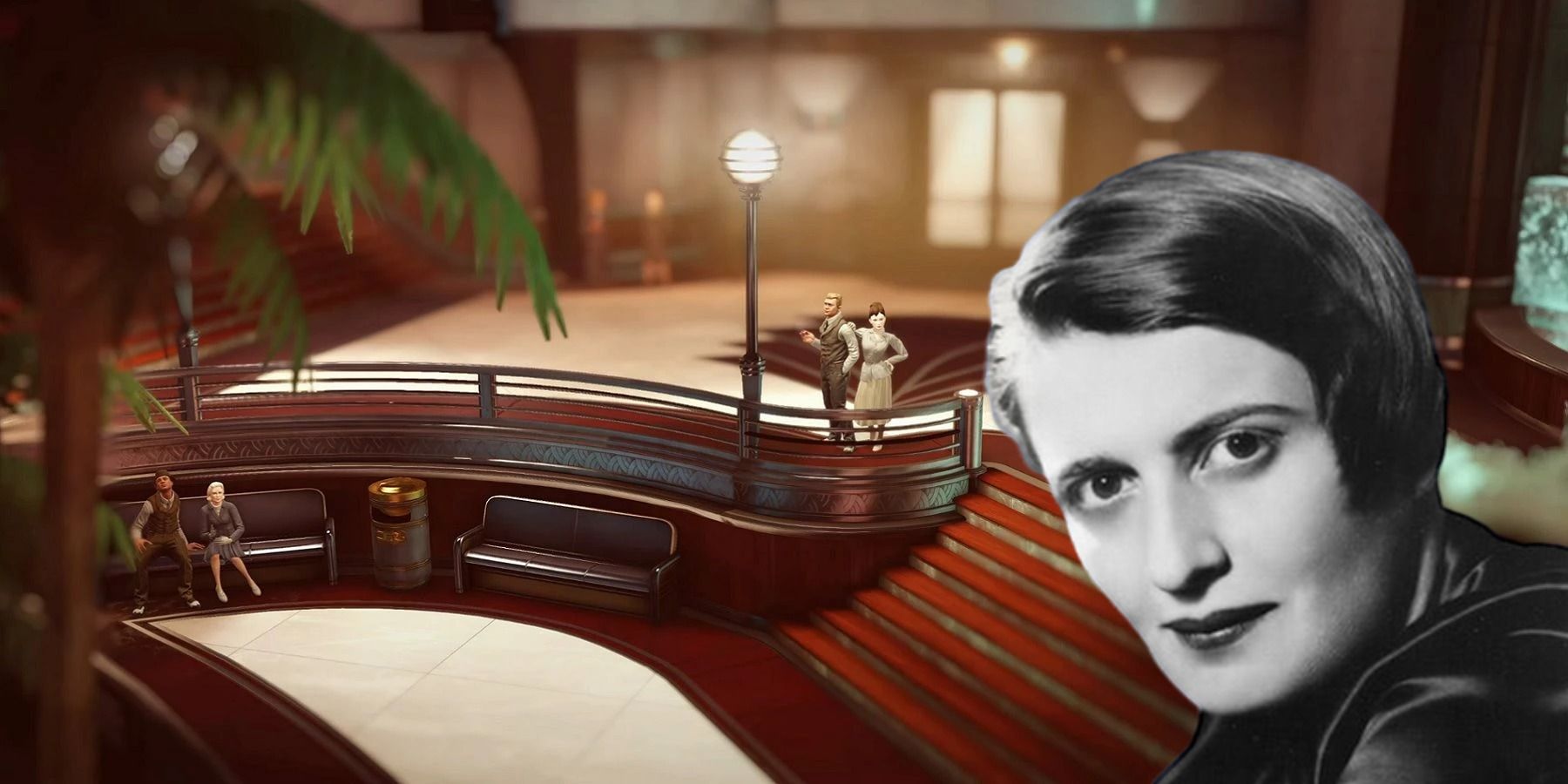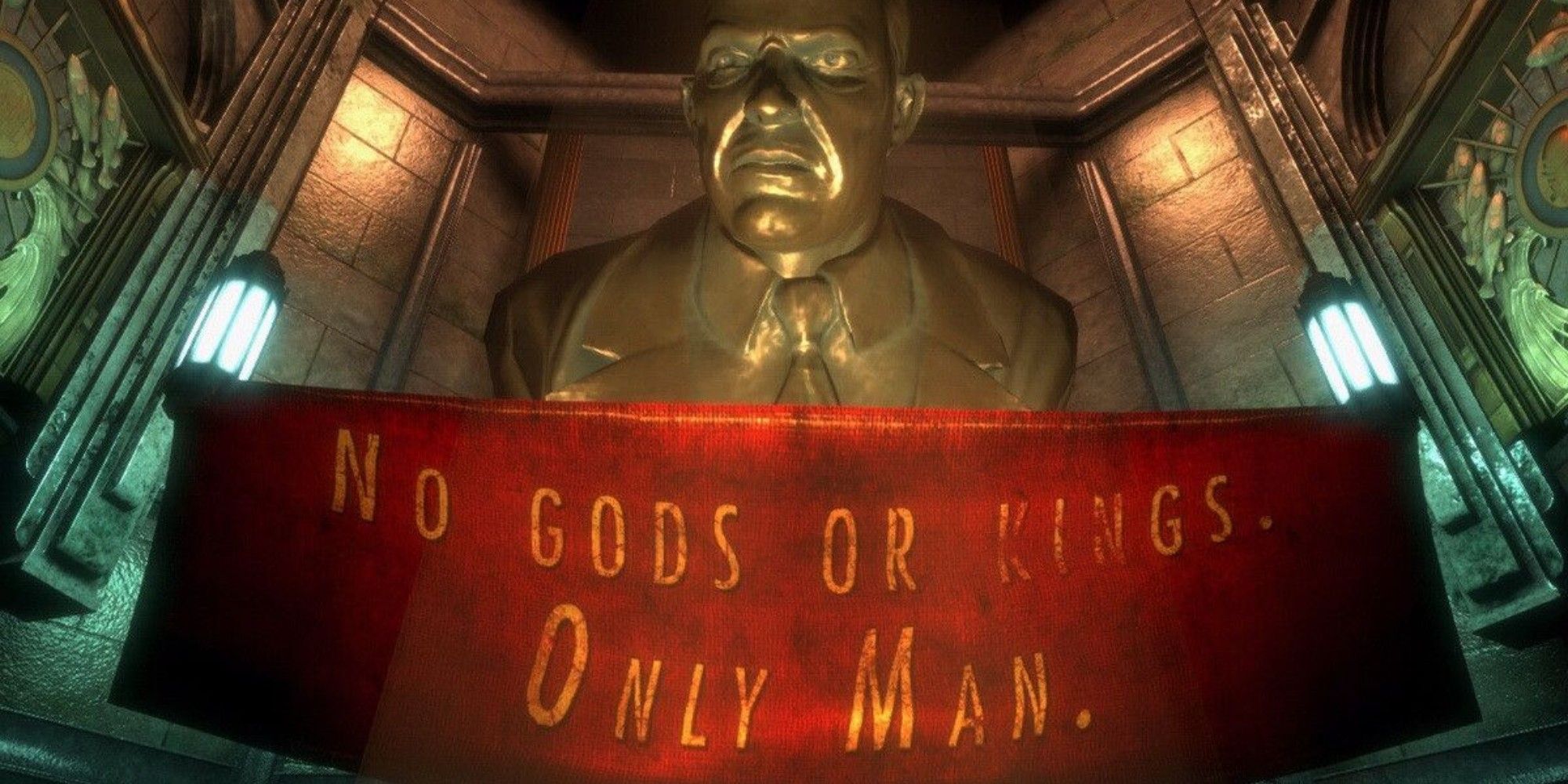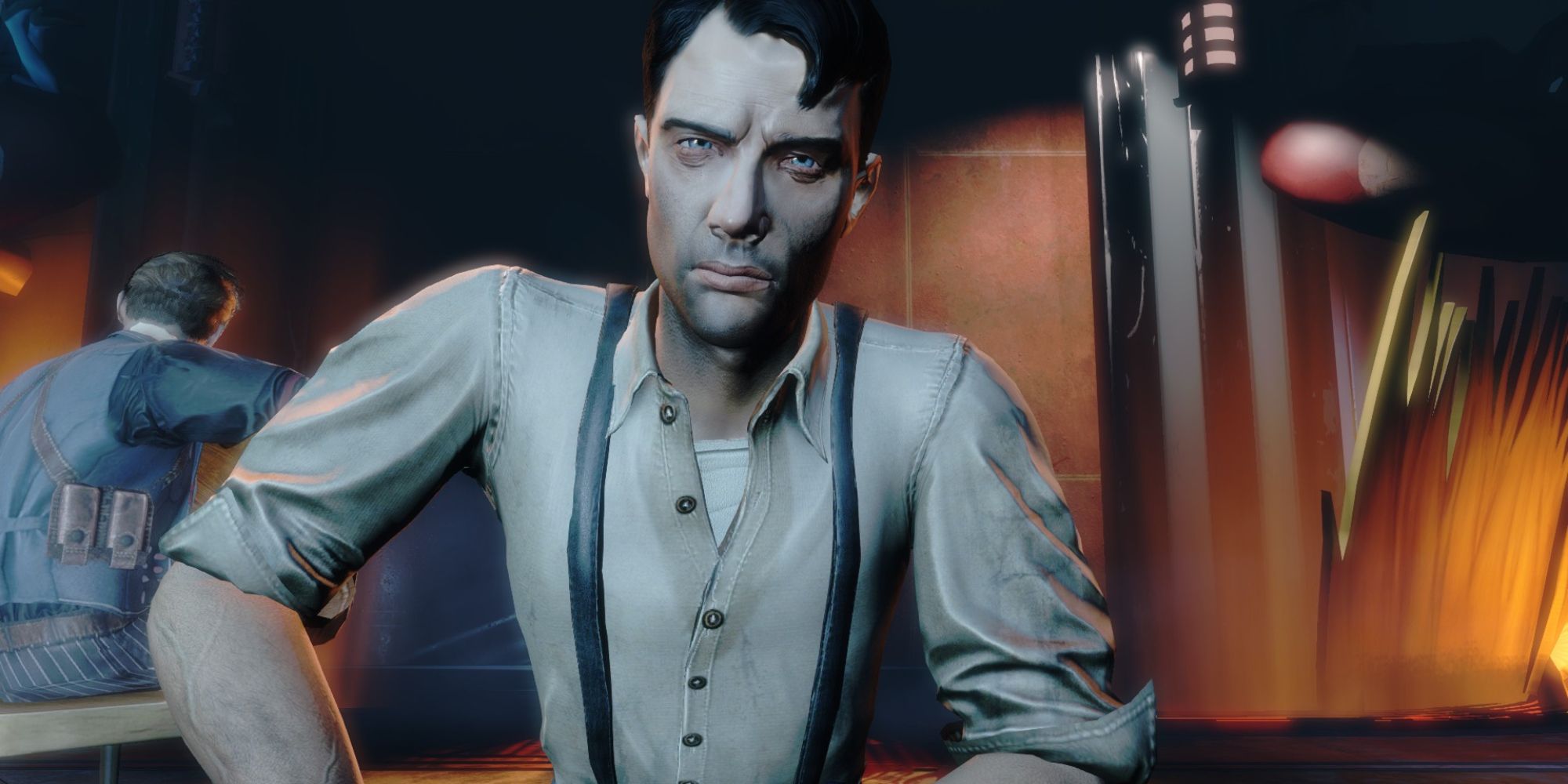It's likely BioShock 4 is years away from its release, but theories are circling about how it will change the formula fans have come to expect. The BioShock series recently turned 15, and the original is still revered by many for the way it revolutionized atmosphere, worldbuilding and first-person combat in AAA releases. A sequel had limited critical or commercial buzz at first, but 2013's BioShock Infinite renewed hype for the franchise with its new setting of Columbia and a story that fans reference to this day.
While the most recent release is beloved, it still didn't reach the heights of the first game. Rapture is undoubtedly at the center of BioShock's success, but while it may appear to be a damp, decrepit maze of claustrophobic hallways on the surface, it has always been much more than that. The city is built upon the ideals of one over-ambitious leader, but equally important are the political theories on which it rests, which is something Columbia lacked. The next BioShock game would be best served returning to a more cultural story and setting, bringing back the narrative element that BioShock Infinite didn't lean into enough.
Rapture is a Political and Cultural Hotspot
As its protagonist is silent and the side characters' inclusion is often fleeting, BioShock had to find a different way to stand out. Taking cues from Resident Evil 4 and System Shock 2, Irrational Games found success with the world it created. Alongside Hyrule, Pandora, New Austin, and Midgar, Rapture is one of the finest settings in games, and it has a lot more substance. Rapture was founded by Andrew Ryan, who saw the potential to forge a prosperous civilization under the Atlantic Ocean using libertarian and objectivist ideals coined by philosopher Ayn Rand in the mid-20th century.
It's a setting that wears its influences on its sleeve, and creator Ken Levine was not subtle in his desire to tackle Rand's beliefs head-on. Seeing Rapture during its heyday in Burial at Sea was a delight, but when placing the DLC next to the 2007 original it became even more clear how fiercely the game rejects Ayn Rand's ideas. In 1959, Andrew Ryan's utopian idea is washed away, leaving mold, decay, and insanity that shows just how significantly the city has soured. Rapture may not feature in BioShock 4, but that doesn't mean the political influence of the city should be left out at the sea.
What Political Messaging Can Do for BioShock 4
Even for those who don't care to acknowledge the political influences of Rapture, BioShock is a sublime experience that balances moments of unwavering tension with genuine awe-inspiring visuals and gameplay. It's a fun game to simply look at, and the enemy variety, RPG elements, and atmosphere all blend to make BioShock worthy of any player's time. The game's quality all stems from Rapture, and while BioShock 4 can go to a number of different places, the magic of Andrew Ryan's city and Ken Levine's landmark game shouldn't be lost.
That magic is in its willingness to embrace and challenge strong, long-standing political ideologies. As the culture of 2022 is far different culture than when Atlus Shrugged released in 1957, BioShock 4 can pull inspiration from the last 65 years for narrative and tonal depth. Unapologetically refuting or ridiculing real-world ideas as the original did in 2007 would set BioShock 4 apart from BioShock Infinite, as well as other AAA games like Far Cry 6 that outwardly avoid the subject of politics. Cloud Chamber has a monumental task if it wants to craft a game worthy of the BioShock name, and being proactive in its use of politics would be a great first step to success.
BioShock 4 is currently in development.



